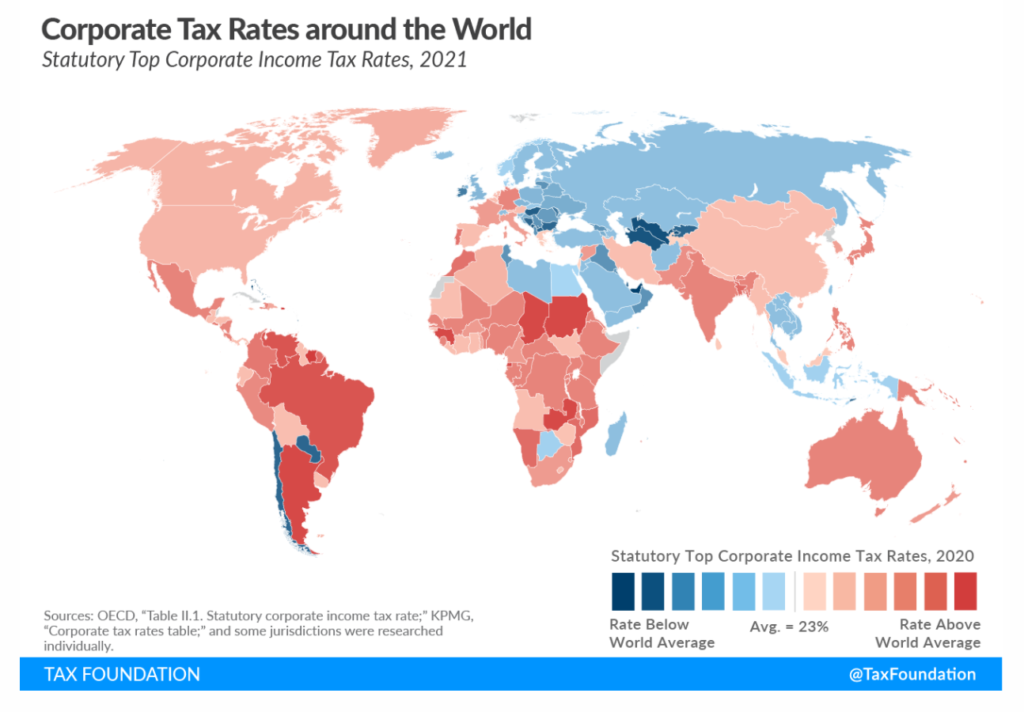Link:https://jacobinmag.com/2021/11/social-spending-biden-reconciliation-bill-build-back-better
Excerpt:
There are three possible answers to the question of who pays for social expenses. First, governments can pay by taxing their citizens to fund social programs. Second, employers can pay by using corporate revenues to provide employment-related benefits. Third, individuals and families can pay out of pocket, rely on unpaid labor from friends and relatives, or make do without.
For much of the twentieth century, the United States had a workable answer to the “Who pays?” question that drew on a mix of all three sources. Government provided certain social benefits like Social Security, Medicare, and public education. Aided by government tax incentives, many employers offered a wide range of benefits like health insurance and pensions, creating what political scientist Jacob Hacker refers to as a “public-private welfare regime.” And with one-third of the labor force unionized, and even nonunion employers pressured to match union-scale wages and benefits, many workers earned enough to support their families and handle the social expenses not covered by government- and employer-based programs.
….
For its part, government social spending has been uneven. Large universal programs like Medicare and Social Security have proven resistant to most retrenchment efforts, and Obamacare included a major expansion of Medicaid — though this was blocked in some Republican-dominated states. Meanwhile, more means-tested programs targeting low-income Americans have proven more vulnerable. In a context where employers have sharply cut back their commitment to providing social benefits, and individuals and their families are faced with stagnating wages, government’s response has proven inadequate.
Author(s):Barry Eidlin
Publication Date:28 Nov 2021
Publication Site: Jacobin



